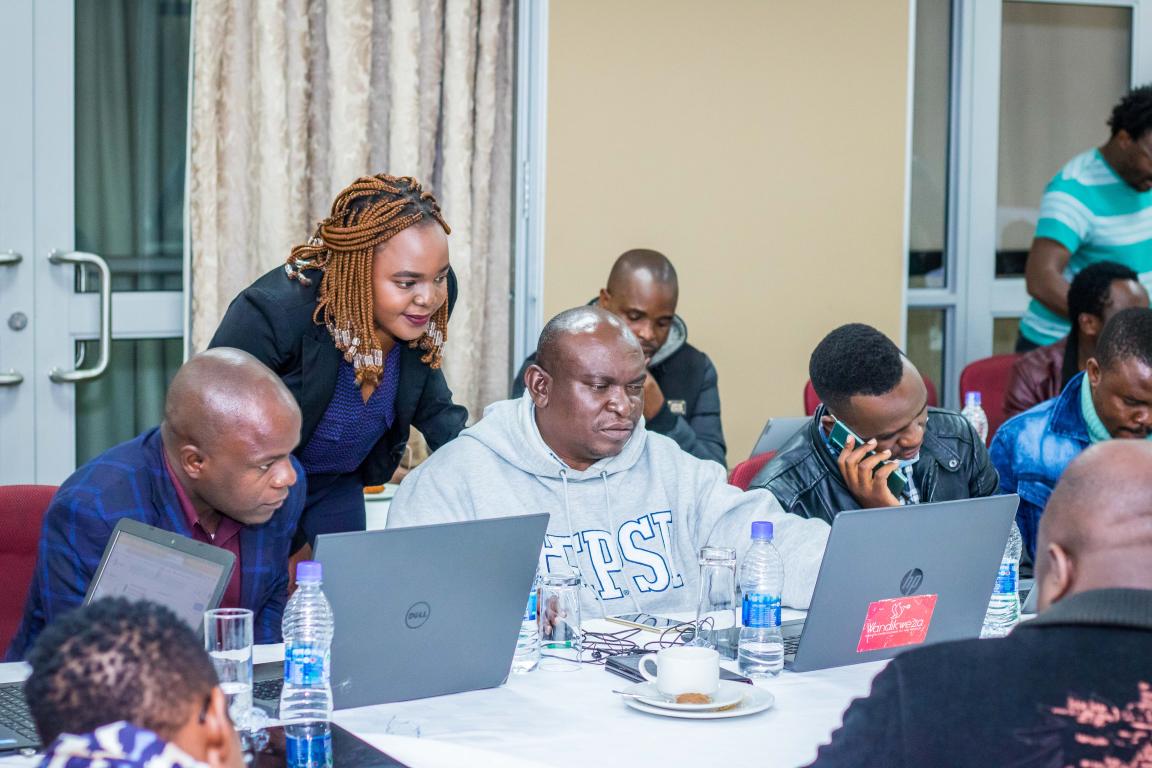“We need to take stock of our achievements and identify persistent gaps where we can target our health information systems and monitoring and evaluation investments. I wish to thank the USAID funded CHISU program for providing the support for this process to take place.”
With these words, Malawi’s Ministry of Health Director for Planning and Policy Development, Kate Langwe, set the stage for a workshop to complete the country’s Stages of Continuous Improvement (SOCI) assessment, a globally recognized tool to identify health information systems (HIS) strengths and gaps.
Malawi, a landlocked and low-income country located in Southern Africa with an estimated population of 19.3 million, has made great strides in improving key health indicators over the past three decades. The country aims to improve health outcomes through the provision of a revised essential health package and health systems strengthening with a focus on improving and harmonizing data collection and management at all levels. This includes improving ICT capacity, data protocols and data linkages, as well as generating quality information and making it accessible to all intended users for evidence-based decision-making.
The Ministry of Health has been implementing a comprehensive and decentralized routine health management information system countrywide since 2002. The system, which has been developed through consultative and collaborative processes, is being reviewed as Malawi's Ministry of Health is in the process of developing a new Health Sector Strategic Plan after which an HIS Strategic Plan will also be developed.
To prepare for it, the Central Monitoring and Evaluation Division and the Digital Health Division decided to undertake the SOCI assessment with support from the Country Health Information Systems and Data Use (CHISU) program.
Specific objectives were to:
- Describe the current state of the HIS in the country at all levels
- Establish the key issues and challenges faced by the HIS
- Establish a baseline and benchmarks for follow-up evaluation of future HIS improvements
- Analyze current systems, procedures and activities to identify and present opportunities for future improvement
- Use assessment findings to inform the development of a HIS strategic plan and mobilize resources for its implementation
During the workshop, over 40 participants representing Ministry of Health programs, departments and partners discussed interventions and planning priorities covering all HIS domains, building consensus on the way forward for Malawi and a roadmap for improvement. The departments and programs that participated included the National Malaria Control Program (NMCP), Central Monitoring Evaluation Division (CMED), Digital Health Division, Clinical Department, Quality Management Department, Districts and other service delivery programs.

Assessment scores decided in plenary during the workshop were recorded and used to calculate the average score and plotted charts to provide a visual representation of the gaps between current and goal status in the country. The results, which are being compiled in a report, will be shared with key stakeholders for validation and use to inform the HIS strategic planning process.